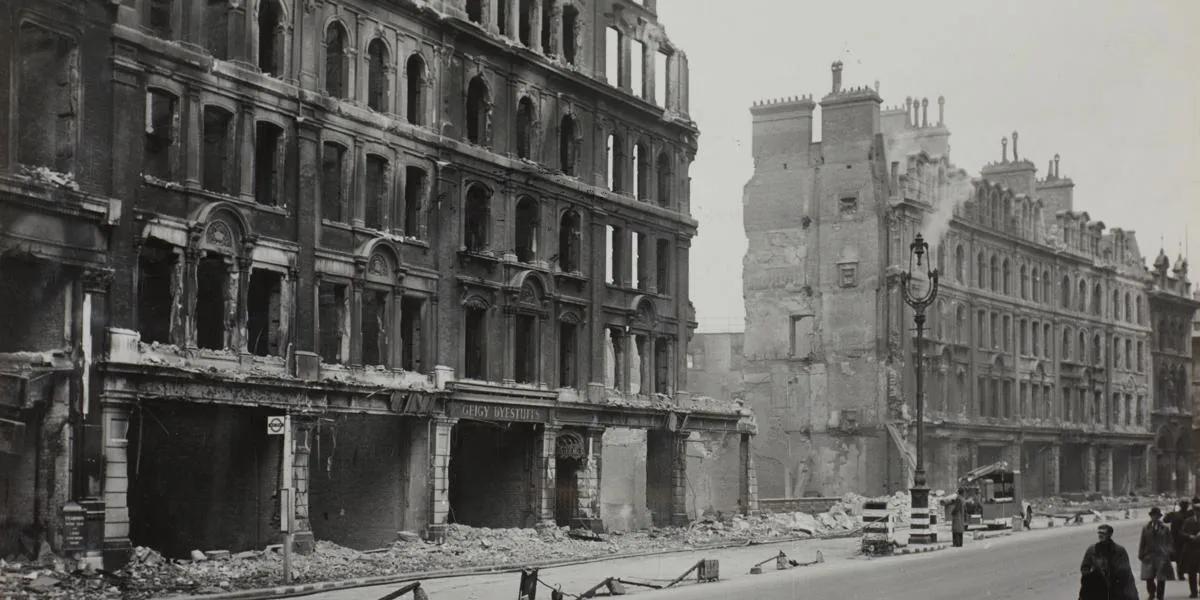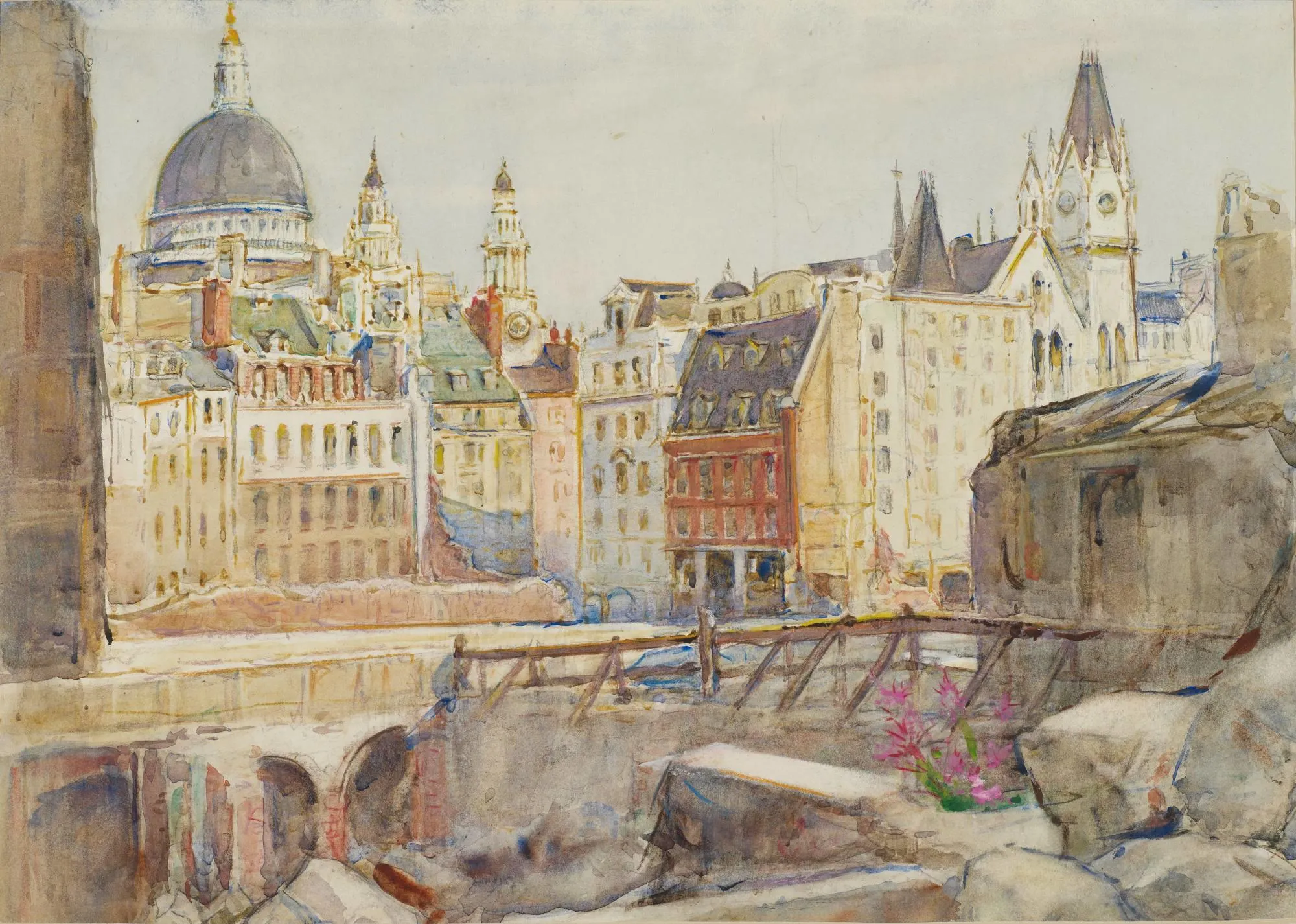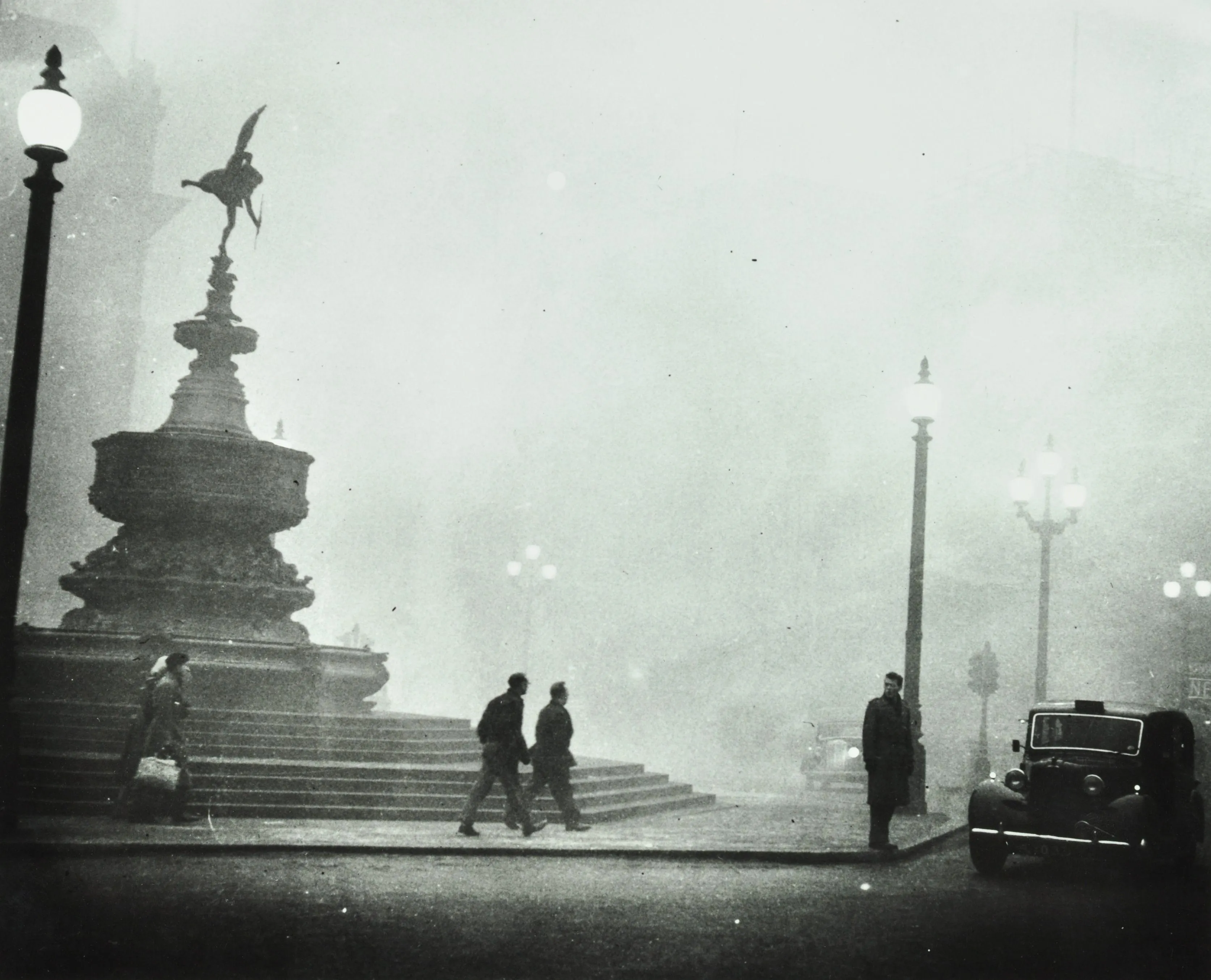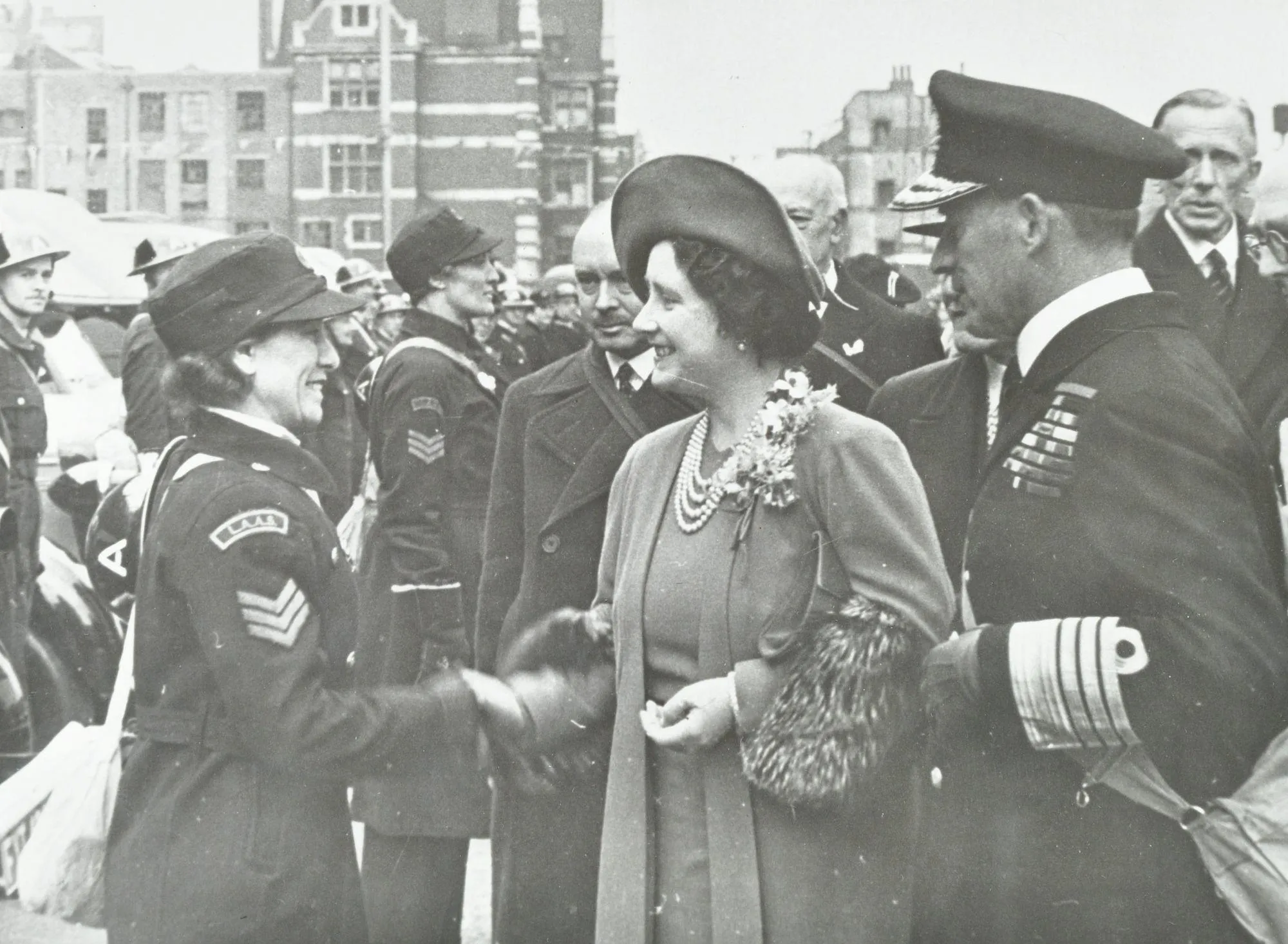Writing the War

The London Archives’ Book Group has been active for over 10 years, and in that time we have read numerous titles written or set during the Second World War. Here, book group host Claire Titley reflects on the features of some of our wartime reads.
Titles we have read
The titles we have read can be roughly split into novels written by writers who experienced the war and its immediate aftermath, and writers who came later, using the war as a setting but not drawing from personal experience.
Romantic strife
Elizabeth Bowen’s 'The Heat of the Day' (1948) and Graham Greene’s 'The End Of The Affair' (1951) evoke exhausted war-torn London as a setting for romantic strife. The war is central to the plot of both – in Greene’s novel, memorably set in Clapham, a bombing causes an affair to end, and our protagonist is shattered by the emotional impact. In 'The Heat of The Day', the personal and the national plight are woven together as a romantic triangle contains a spy and counterspy. In both novels wartime erodes trust, heightens emotion and provides a dramatic backdrop.
Ordinary life
Experimental poet Bryher’s novel 'Beowulf' (1956) provided us with one of the most memorable accounts of ordinary life during the war. Set in teashop called, The Warming Pan, which has a statuette of a bulldog in the window, Bryher tells us of the curious mixture of emotions that wartime created, including the fear, anxiety, and excitement of the Blitz, and uses her own experiences of living in London during the war to explore both the surreal moments and the daily grind of war.
Flowering wastelands
Rose Macaulay’s 'The World My Wilderness' (1950) portrays the devastation of the City of London through the eyes of 17-year-old Barbary Deniston, who is sent to London from France after the war to finish her education. In London she roams the bomb sites, discovering the flowering wastelands of the City and meeting spivs, deserters and others washed up by the war, realising that she must confront her own emotional wilderness in order to live her life to the full.

London smoke
Another notable post-war read that explores the atmosphere of London life is Margery Allingham’s 'Tiger In The Smoke' (1952). The smoke of the title is one of London’s infamous fogs but also relates to the challenges wartime brings in being able to verify who anybody is, and whether their version of events is true.

Bethnal Green Tube Disaster
Two more recent novels about the war use fictional retellings of real events. 'The Report' by Jessica Frances Kane (2010) uses the inquest into the Bethnal Green Tube Disaster of 1943 as a springboard for exploring this event, which was largely covered up at the time. Blending fact and fiction, she imagines the lives of the people caught up in the disaster, their motivations and the impact on those who survived. Francis Spufford takes greater imaginative leaps in 2021’s 'Light Perpetual' as he recreates the potential lives of a group of children who were killed in the 1944 V2 bombing of Woolworths in New Cross. This powerful novel acts as a history of the twentieth century, showing the pace of change in post-war London and the power of chance in all of our lives.
Hidden stories
A novel that has many fans amongst our readers is 'The Night Watch' (2006) by Sarah Waters, who excels a type of storytelling which allows for the exploration of hidden histories, in this case the lives of lesbian Londoners during the war. She presents us with a group of complex women living extraordinary lives. Finally, Michael Moorcock’s Mother London (1988) is a piece of speculative fantasy fiction that explores the psychic damage of the war and gives us the history of the city in the twentieth century through the delusions of hospital outpatients.

Do you have a favourite London novel set in wartime?
The London Archives’ Book Group meets monthly to discuss literature, both fiction and non-fiction alike with a London theme. The group gains further insights through discussion about the book which is complemented by the use of historical documents from our collections.
Find out more about book groupWant to know more about London in the Second World War? Then visit our exhibition.
Visit the exhibition